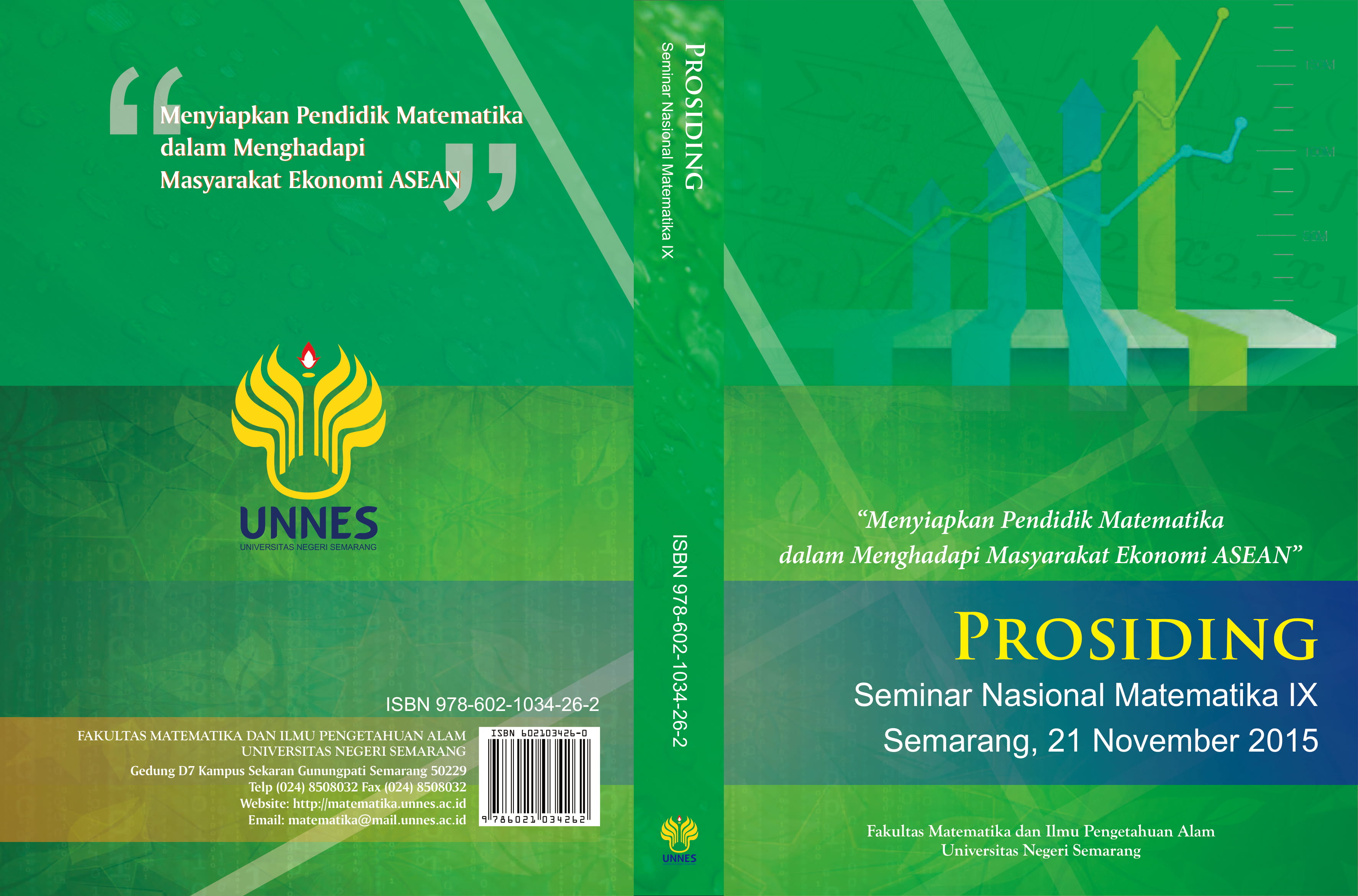Analisis Manajemen Waktu Organisasi dan Kuliah Aktivis Mahasiswa Program Studi Pendidikan Matematika Universitas Muhammadiyah Surakarta
Main Article Content
Abstract
The purpose of this study is to describe time management of student activist of mathematics education of Muhammadiyah University of Surakarta. The data of study is collected by observation, questionnaires, interviews, and documentation. Data are analyzed interactively by 4 methods: collecting data, data reduction, data display, and draw conclusions. The results show that (1) Time management of organization of student activist take priority to the work program rather than regular meetings. Students spend time for organization after the dismissal class. Student activist spend the spare time for organization’s matter effectively and efficiently. The student-activist face difficulty in managing time while they are invited to play with friends, or getting into attached to social media. (2) Time management of study of student-activist take priority to be presence 75% for classes as the requirement to join the final test. They solve the crushed-schedule of classes by joining the other class schedule.Assignments is done while they have a spare time by having discussion with friends. The academic achievement of student-activist can be categorized as satisfied category. This research find that student-activist whose long in pursue undergraduate program approximately takes 18 sks/semester
Article Details
References
Anwar, Khoirul. 2012. Tidak Semata IPK, Tidak Sebatas Wisuda: Memahami Dinamika Motivasi Berprestasi Akademik Mahasiswa Aktivis. Skripsi: Universitas Gadjah Mada
DiPipi-Hoy, C., Jitendra, A. K., & Kern, L. 2009. “Effects of Time Management Instruction on Adolescents Ability to Self-Manage Time in a Vocational Settingâ€. The Journal of Special Education, 43(3): 145-159
Febriana, Betie., dkk. 2013. “Hubungan Antara Keaktifan Organisasi dengan Prestasi Belajar (Indeks Prestasi) Mahasiswa Fakultas Ilmu Keperawatan Universitas Indonesiaâ€. Prosiding Konferensi Nasional PPNI Jawa Tengah: 154 – 157
Forsth, P. 2009. Jangan sia-siakan waktumu. Yogyakarta: PT Garailmu
Hamim, Udin. 2008. “Peran organisasi HIPMI-MALUT dalam Meningkatkan Aktivitas Belajar Mahasiswa Maluku Utara di Universitas Negeri Gorontaloâ€. Jurnal Penelitian dan Pendidikan. Vol.5 No.2, (109-120)
Ho’fer, M., dkk. 2007. Individual Values, Motivationd, Conflicts, and Learning For School. Jurnal Learning and Instruction. Elsevier Ltd. Vol. 17 (17-28).
Karim, Sevari, Mitra Kandy. 2011. Time Management Skills Impact on Self-Efficacy and Academic Performance, Journal of American Science. Vol 7. No (12): 720-726.
Kouzes, James & Posner. 2004. The Leadership Challenge. San Francisco: Jossey-Bass
Pehlivan, Abdulkadir. 2013. “The Effect of Time Management Skills of Students Taking a Financial Accounting Course on their Course Grades and Grade Point Averagesâ€. International Journal of Business and Social Science 4 (5) : 196 – 203
Putra, Handyka Galuh Iriana. “Perilaku Belajar Mahasiswa Akuntansi: Aktivis, Hedonis, dan Study Orientedâ€. Jurnal Ilmiah Mahasiswa 1 (2): 129-135.
